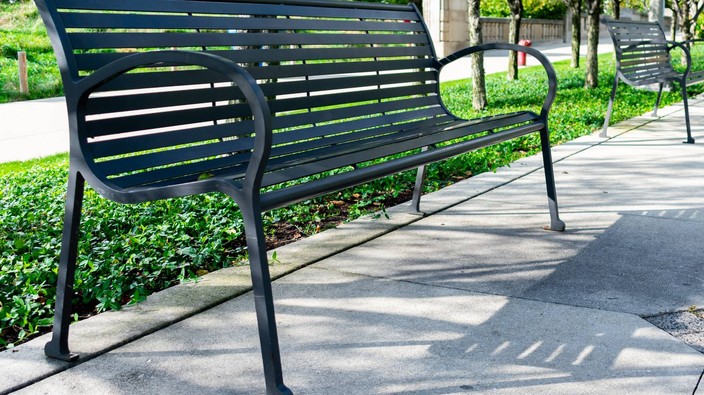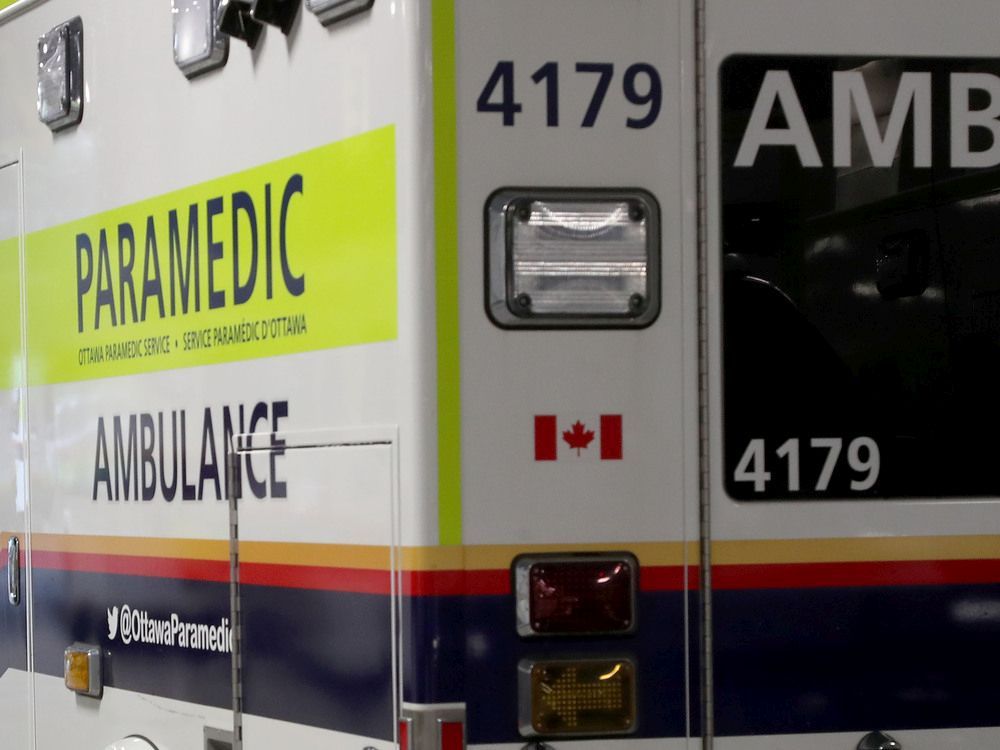paramedic plan draws concern over mental health strategy
the ottawa paramedic service wants to create a paramedic-led response team for mental health calls
mental health professionals get psychedelic training
the program was developed in conjunction with wayfound mental health group inc. and the psychologists association of alberta.
asking for help during men's mental health awareness month
a recent statistics canada media release shows one in five canadian adults screened positive for symptoms of depression, anxiety or post-traumatic stress disorder during the pandemic.
 6 minute read
6 minute read









